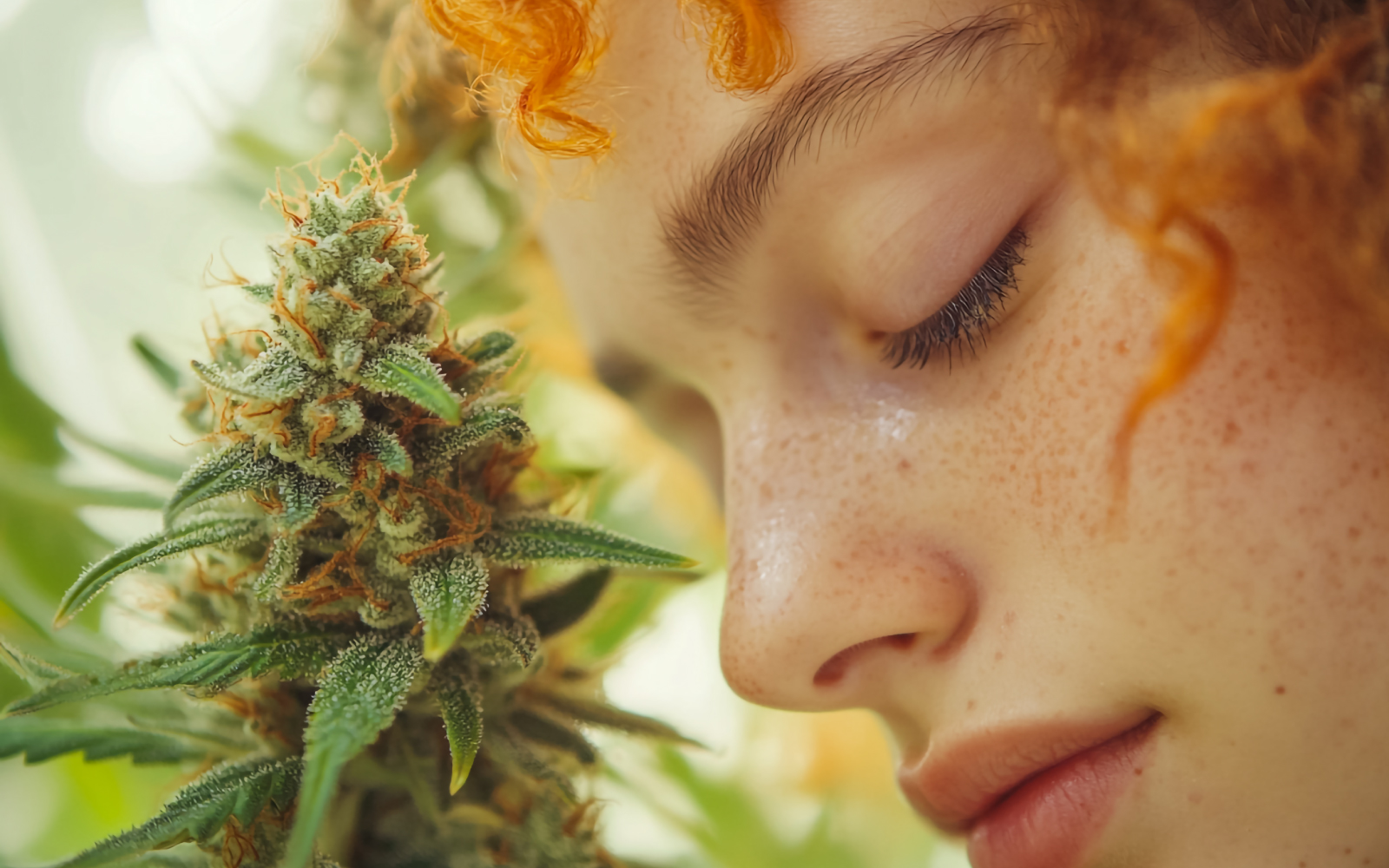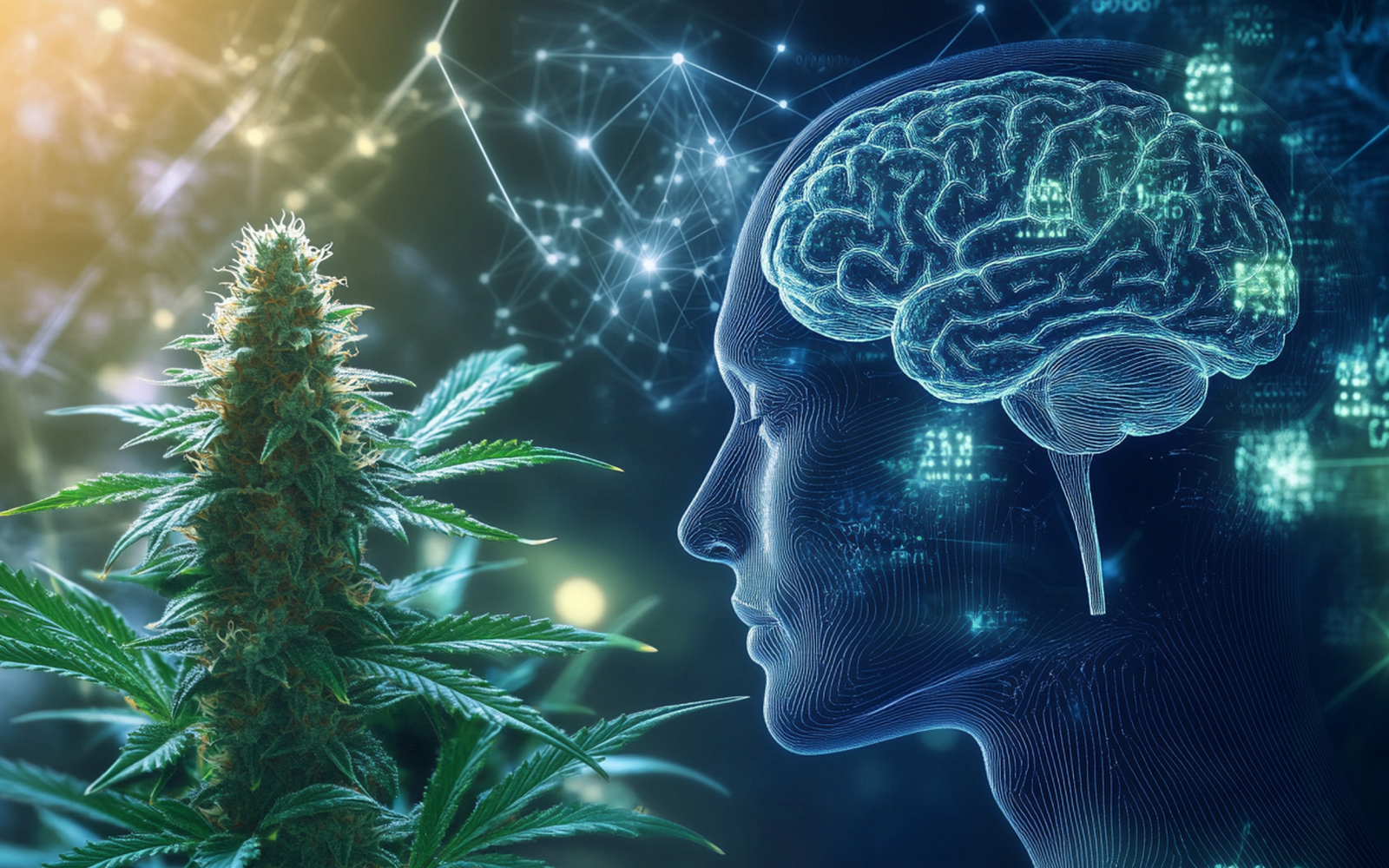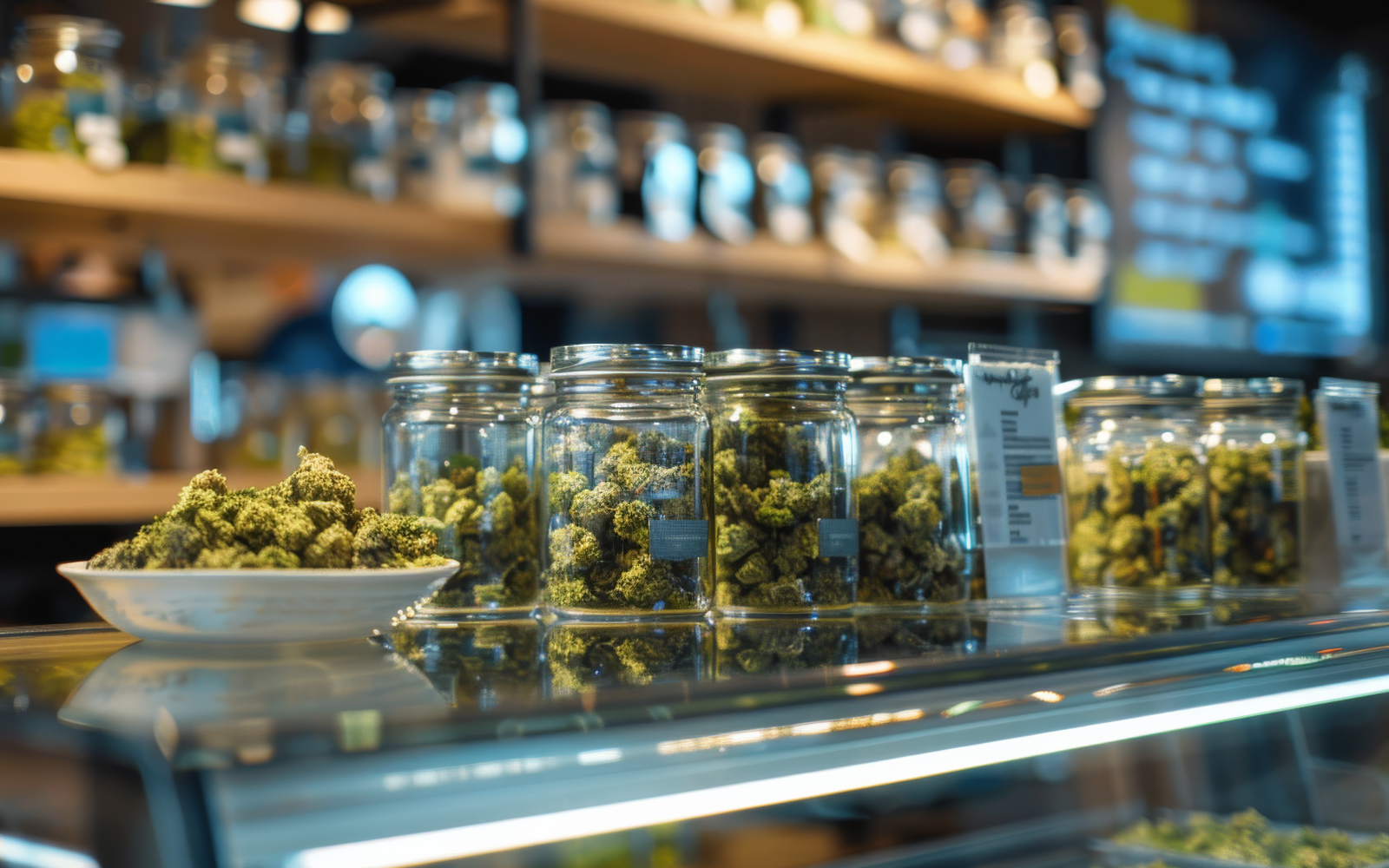Anxiety is one of the most common mental illnesses, and millions of individuals around the world battle with it every year. It might look like a multitude of things, such as panic attacks, PTSD, and social anxiety. Individuals often use therapy and prescription drugs to deal with anxiety, but more and more individuals are looking for other ways to feel better. Of these, cannabis is one that people talk about the most.
These days, cannabis is getting more attention as a possible way to treat anxiety. Is there any scientific proof that these claims are true, though? Could cannabis make your nervousness worse, or does it help? How cannabis can help with worry is covered in this blog post.
What is Anxiety?
Before diving into how cannabis might help or hinder anxiety, it’s important to understand what anxiety is. Anxiety is a natural response to stress and a feeling of fear or apprehension about what’s to come. However, when anxiety becomes chronic and overwhelming, it can interfere with daily life.
Common symptoms of anxiety include:
- Excessive worry
- Restlessness or feeling on edge
- Rapid heartbeat
- Sweating
- Trembling
- Fatigue
- Difficulty concentrating
- Sleep disturbances
Anxiety can be caused by a variety of factors, including genetics, trauma, environmental stressors, or chemical imbalances in the brain. It can range from mild to severe, with some people only experiencing occasional anxious thoughts, while others suffer from constant, debilitating anxiety.
Cannabis and Anxiety: The Connection
Cannabis has been used for thousands of years, with records of its medicinal use dating back to ancient China and Egypt. Its popularity in modern times, however, has grown significantly, particularly as more regions legalize its use for both recreational and medicinal purposes.
Cannabis contains a variety of compounds known as cannabinoids, the most well-known being:
- THC (tetrahydrocannabinol): The psychoactive compound responsible for the “high” associated with cannabis.
- CBD (cannabidiol): A non-psychoactive compound that has gained attention for its potential therapeutic benefits.
The interaction between these cannabinoids and the body’s endocannabinoid system (ECS)-a complex network of receptors and chemicals that help regulate various bodily functions-has made cannabis a subject of intense research, particularly when it comes to mental health.
How Cannabis Might Help Anxiety
Many people use cannabis, especially CBD-dominant strains, for anxiety relief. But what does science say about this?
CBD and Anxiety Relief:
CBD has been studied for its potential to alleviate anxiety symptoms. It is believed to interact with receptors in the brain, particularly those involved in serotonin regulation, a neurotransmitter that plays a key role in mood and anxiety. Some studies suggest that CBD may help reduce anxiety in both humans and animals by:
- Reducing the physical symptoms of anxiety, such as heart rate and blood pressure.
- Promoting relaxation and calmness by influencing serotonin levels.
- Enhancing the effectiveness of certain brain circuits involved in controlling fear responses.
THC and Anxiety:
While CBD is often seen as the go-to compound for anxiety relief, THC, which is known for its psychoactive effects, can have mixed results. Some individuals report that small doses of THC help reduce anxiety, promote relaxation, and enhance mood. However, for others, especially those with anxiety disorders, THC can have the opposite effect, leading to increased paranoia, rapid heart rate, and heightened anxiety. This is often referred to as “THC-induced anxiety.”
The key to THC’s effects on anxiety might lie in the dose. Low to moderate doses may reduce anxiety, while higher doses may trigger or worsen anxiety, especially in individuals who are sensitive to THC.
The Role of Terpenes:
Terpenes are aromatic compounds found in cannabis that contribute to its distinctive smell. Some terpenes, such as linalool (found in lavender) and myrcene (found in mangoes), have calming and anti-anxiety properties. These terpenes can also interact with cannabinoids to create an “entourage effect,” where the combined compounds produce a more profound therapeutic effect than when used individually.
For instance, strains that contain high levels of linalool may have a soothing effect and potentially reduce anxiety. This makes the strain selection important for those using cannabis to manage anxiety.
The Risks and Potential Side Effects
While cannabis may offer benefits for some individuals with anxiety, it’s important to approach its use with caution. Cannabis, particularly THC-rich strains, can have undesirable effects, especially for those with anxiety or certain predispositions.
- THC-Induced Anxiety and Paranoia
As mentioned earlier, THC can sometimes exacerbate anxiety, leading to feelings of paranoia or dread. In some cases, it can trigger a “bad trip,” where an individual experiences intense fear or panic. This is especially true for those who are new to cannabis or who are using strains with a high THC content.
- Cognitive Impairment and Memory Issues
Long-term use of cannabis, particularly THC, may impair memory and cognitive function. While this may not be directly related to anxiety, it can lead to other issues, such as difficulty concentrating or problems with decision-making, which can worsen anxiety symptoms.
- Tolerance and Dependence
Frequent use of cannabis, especially strains high in THC, can lead to the development of tolerance, meaning that users need more of the substance to achieve the same effects. This can result in dependence, where an individual feels unable to manage anxiety without cannabis, potentially leading to withdrawal symptoms when not using the drug.
- Interaction with Medications
Cannabis may interact with other medications used to treat anxiety, such as benzodiazepines, antidepressants, or beta-blockers. This can affect the efficacy of the medications or cause adverse effects. It is crucial to consult with a healthcare professional before combining cannabis with prescription medications.
How to Use Cannabis for Anxiety
If you are considering using cannabis to manage your anxiety, here are some tips to maximize its potential benefits and minimize the risks:
- Choose CBD-Rich Strains
If you are looking to avoid the psychoactive effects of THC, look for cannabis strains that are high in CBD. These strains are less likely to cause paranoia or increased anxiety. Many dispensaries now offer “CBD-only” products, such as oils, tinctures, or edibles, which may provide anxiety relief without the high.
- Start Low and Go Slow
If you decide to try THC, start with a very low dose and gradually increase it if needed. This can help minimize the risk of unwanted side effects like increased anxiety or paranoia. It’s essential to find a dosage that works for you.
- Consult a Healthcare Professional
Before using cannabis to treat anxiety, it’s essential to consult with a healthcare professional, especially if you are taking other medications. They can help guide you on the safest and most effective approach based on your individual needs.
Conclusion
Cannabis, particularly CBD, has shown promise in reducing anxiety for many individuals, but it’s not a one-size-fits-all solution. While some find relief from symptoms with cannabis, others may experience increased anxiety or other adverse effects, particularly with THC-rich products. As with any treatment, it’s important to approach cannabis with caution, start with low doses, and consult a healthcare professional to ensure it’s the right choice for you.
If you’re considering using cannabis to help manage anxiety, remember that it should be part of a broader mental health strategy that may include therapy, lifestyle changes, and other medications as recommended by your healthcare provider.







